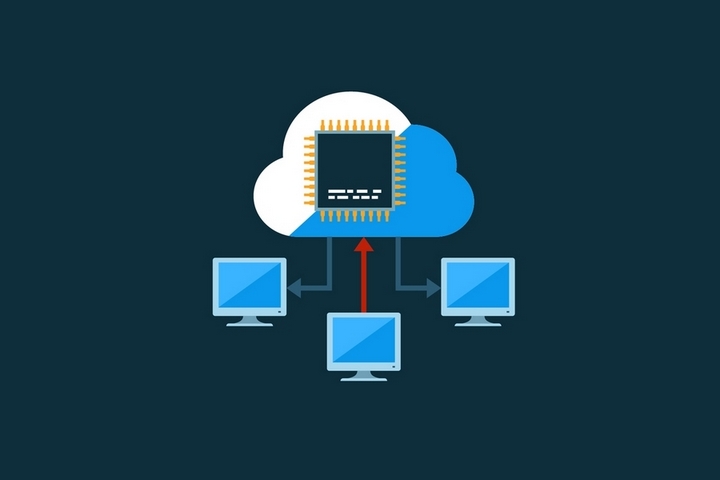Not too long ago, terms such as floppy discs, compact discs (CDs), and external drives were common. Today, however, the use of these storage devices is diminishing as cloud hosting provides a better alternative for storing and accessing data and applications.
Due to the increase in internet speeds and reliable internet connectivity, more people are opting to use cloud hosting not only as a home for their websites but also as storage for crucial company data and information. Below are some of the common tech-savvy facts to know about cloud hosting.
1. Virtual Storage

The core purpose of cloud hosting is to store data. It acts as the traditional hard drive. The only difference is that the data is stored on a terrestrial computer (server), which is also known as a cloud.
Since you do not have to store data on your local hard drive, you can store and access it remotely from any part of the world using a range of devices such as laptops, smartphones, tablets, etc.
2. The Internet

But how does this data get to be stored in a remote server? Well, this is where the internet comes in. Without the internet, cloud computing and hosting would not be possible. However, with today’s high-speed data transfer rates, cloud hosting has reduced the necessity of storing data and information on local drives. You can access your data from any location in the world as long as you have a reliable internet connection
3. Sharing and Ease of Access

Sharing data and information is what makes cloud hosting highly attractive. You can access and share data on cloud computers across various internet-enabled platforms. Instead of having to install expensive software, you can access such software or applications on a cloud computer at a fraction of the cost; or even free since some of these applications are bundled into your hosting package. Cloud-based data sharing platforms include Google Drive, Dropbox, among many others.
4. Cloud Computing

Another term closely associated with cloud hosting is cloud computing. While cloud hosting has to do with the provision of data storage space, cloud computing refers to how you use that data. For instance, you can access applications stored on a cloud and share files across platforms. From simple cloud computing platforms for storing and sharing personal photos, videos and documents, to more complex platforms for developing IT applications, cloud computing is the heartbeat of cloud hosting.
5. Server Administration

With the growth of cloud hosting, the role of a server administrator has become critical. A single hosting company can have hundreds of thousands of customers, each of them with different levels of access. A cloud server admin works to optimize the host’s storage efficiency and energy use. They also ensure that all data backups are secure and constantly updated.
6. The Rise of Internet-Based Apps

Cloud hosting provides a veritable infrastructure for Internet-based applications. Besides providing a home for email applications, others such as Google Docs allow you to work online without having to rely on locally installed applications. Instead, the applications are stored on a cloud where anyone with access rights and a reliable internet connection can use them for various purposes. The beauty of using these internet-based apps is that they leverage on the computation power of multiple servers, which makes using them a breeze.
The world has gone to the cloud for almost all of its computing needs. In a future that is not too far away, almost every computing task will be processed via cloud-hosted applications. This will have far-reaching implications on how people interact with data in its various forms. Already, the traditional workplace is being replaced by a virtual office where people interact with each other and share files across various online cloud-based platforms.













